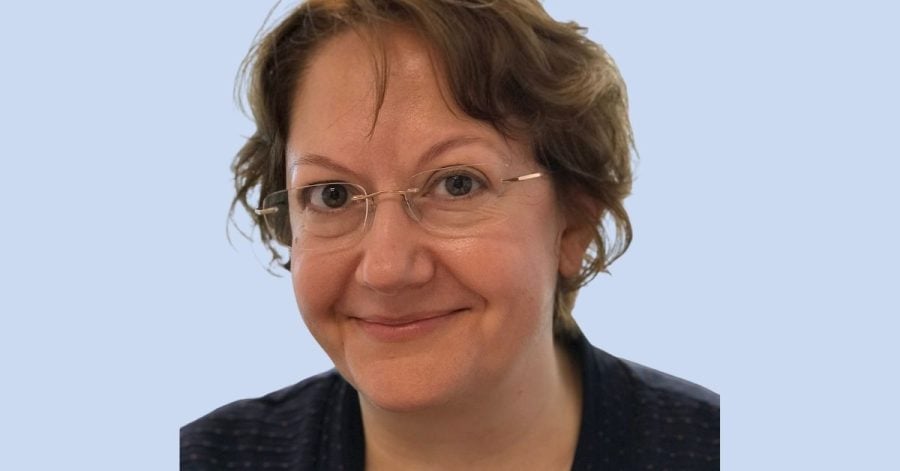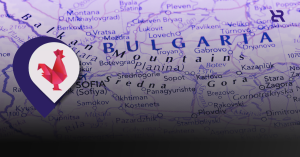At the end of 2021, Romania signed a mandate, or a set of financial instruments, to manage a €400M equity fund of funds, under Romania’s Recovery and Resilience plan. The funds will be distributed to different types of fund managers to grow equity investments by 2026.
Camelia Dragoi has a background in administration and joined the European Investment Fund (EIF) in 2008 as a mandate manager. In the past, she has been a technical assistance coordinator at GED Capital, a private equity firm, and a national program director at the European Bank for Reconstruction and Development (EBRD).
Investment management has given her complex opportunities to grow a career as a young professional, “the best business school” as she put it. The Recursive reached out to her to find out more about Romania’s fund of funds.
The Romanian mandate manager says that the EIF has acted as a catalyst in bridging public and private resources, no matter the management teams’ experience in working with institutional investors. EIF’s public policy goals by 2026 will also include social impact and green transformation projects.
The EIF is a financial institution launched in 1994 to assist SMEs in Europe. Headquartered in Luxembourg and part of the European Investment Bank Group, it provides financial support through different banks or funds.
The EIF’s role in Romania
Camelia Dragoi shared that in terms of equity investments in the country, Romania is lagging behind other European peers when it comes to the number of VC or PE funds investments in local companies.
Her team aims to develop a set of equity financial tools based on funds’ requirements and local market conditions in partnership with the Government of Romania.
“For instance, if a certain ministry wishes to finance innovative companies through equity funds according to policy objectives, we need to agree to specific budgets, timelines, and eligibility criteria with the clients. Together with 20+ colleagues we build the details of the project, from legal documentation, finance, and reporting to monitoring operations and recruiting intermediaries (fund managers),” she explains.
In the second quarter of 2022, the selection of the fund managers will be launched in partnership with the Romanian Ministry of European Investment and Projects and the European Commission. The types of funds targeted are venture capital, private equity, mezzanine, co-investment, technology transfer, and infrastructure funds.
The €400M sum will be committed to an estimate of 20 funds in the following four years to boost the investment ecosystem, bring together private investors, and develop new management teams. Fund managers will make sure to distribute the funds where it is needed, with a focus on SMEs, midcap companies, and infrastructure projects, for example, renewable energy.







